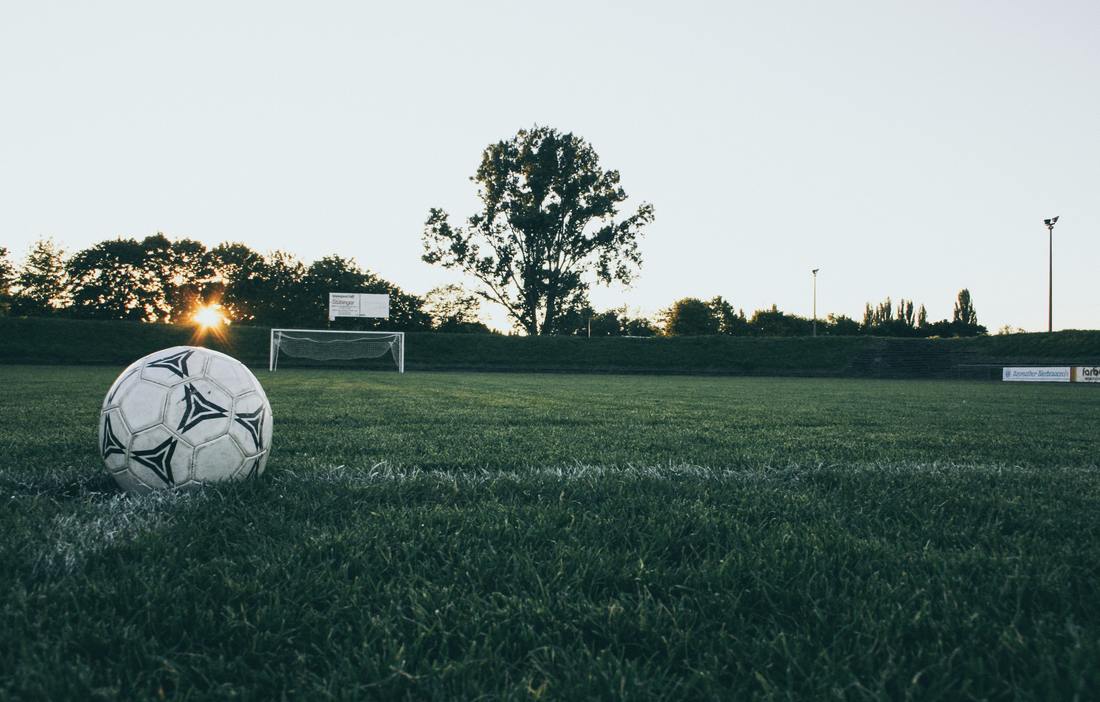|
6/21/2018 Just the FAQs: Answers to Frequently Asked Questions from Clients (Not Just Mine)Read NowSalutations to everyone and apologies for such a long gap between actual posts, not just the Carry Series. Hope everyone is enjoying their World Cup experience in the recent weeks. Let's be real, it's not as fun without the U.S. in it, but can't fix that now. Anywho, on to the topic of the day. Today's post isn't super original, but I know this post will be knowledge that some of you wonder about. The inspiration from this came from a conversation my friend Emily (also a coach) and I were having, thus this blog is created. Those that haven't figured it out, yes these are probably some of the most common questions coaches and trainers get asked, here are my opinions below. I may expound on one of the topics if I find it's asked more and more, but for now enjoy what I have here; Is it better to go heavy with less reps or to go lighter with more reps?-Well it’s that age old answer of, it depends. You can (and should) do a bit of both, but depending on what your goals are and what you are training for, will determine which is for you. For my general fitness clients I’m probably going to program at least 1 phase of high reps (thus lighter weight) and lower reps (thus heavier weight) for every 3-4 phase cycle. Me being who I am, I will tend to work towards lower reps and heavier weight for most phases, but it depends on the goals. Clients that have clear cut strength goals may not see so much high rep work and I’ll just get the higher amount of volume they need in a different fashion. If you are aiming for more hypertrophy, aka growing, growing and growing, you’re likely going to be aiming for the higher reps and the somewhat lower weight. What should I eat? -Again, it depends, also let's recognize that most trainers and coaches need to be careful about going outside of scope of practice with this. Written meal plans from anyone other than a dietitian is shaky ground and asking for trouble. We, as coaches, can give some general advice and there are tons of great resources to find this advice for client and coaches alive. To answer, for the most part I’d say to keep these simple ideas in mind. Eat protein with every meal (that especially includes breakfast, whether you have it at 5 AM or 10AM). Eat many fruits and vegetables, no one ever had major health issues from eating too many of these in a variety. Do not lose your mind if you have a piece of cake, a beer (or 40) or anything of the sorts. Health problems don’t emerge from having these every once in a while, just try not to do it back to back to back to back to…you get the point. Also, measure out an actual serving of peanut butter, you’ll be shocked and yes it’s cruelty at it’s finest. How often should I weigh myself? I usually follow this question with a pretty sarcastic remark; do you want the real answer or do you want me to give you the answer you’re expecting to hear? Of course I’ll feel someone out and make sure I don’t come across as a complete ass with it. Seriously, I am not a huge fan of weighing yourself over and over, and full disclosure I did it too! (GASP) That does not mean that I condone it, we all make mistakes, I’m trying to keep people from making mistakes I’ve made. I understand in certain people, with larger than normal body composition issues, weight is going to be a telling sign of progress. Check it once a week, not every day, don't become a slave to the scale. Trainees that don’t have so much to lose, focus on a performance goal, like doing X number of chin-ups or squatting X weight. You will be more satisfied, less stressed and see better results, I promise. How often should a train in a week? The answer(s) most people want to hear for this one are either once or every day. I honestly like the every day answer better for clients, BUT I wouldn’t want my clients doing intense weight training for 7 days a week. That spells burn out in ALL CAPS. Train 3-5 days with high intensity and then use the other days for either recovery or another modality of training to aid your recovery (yoga, pilates, going for a walk, group fitness classes). To those of you that are trying to train twice a day, I love your ambition, but you’re not in high school doing summer double sessions any more, take it down a notch. Unless you are an athlete training for a major competition, avoid the two-a-days and let your body recover, it’ll be nicer to you. Recovery doesn't mean sitting in the recliner and pounding food down you're gullet, you should still move, just not at such a crazy intensity. Bringing it home, these are just the tip of the iceberg (obviously), but with luck these answers will save you time thinking about. I do want to note, remember this is my opinion and everyone's answer will vary, which is the magic of the world. It's not the only answer and it's not all encompassing, so just keep that to the front of your brain. Have a good day everyone and I promise this will be the first of many to come in the approaching weeks. Go out there and get after it!
0 Comments
Leave a Reply. |
Details
AuthorJarrod Dyke, CSCS Archives
July 2024
Categories |


 RSS Feed
RSS Feed